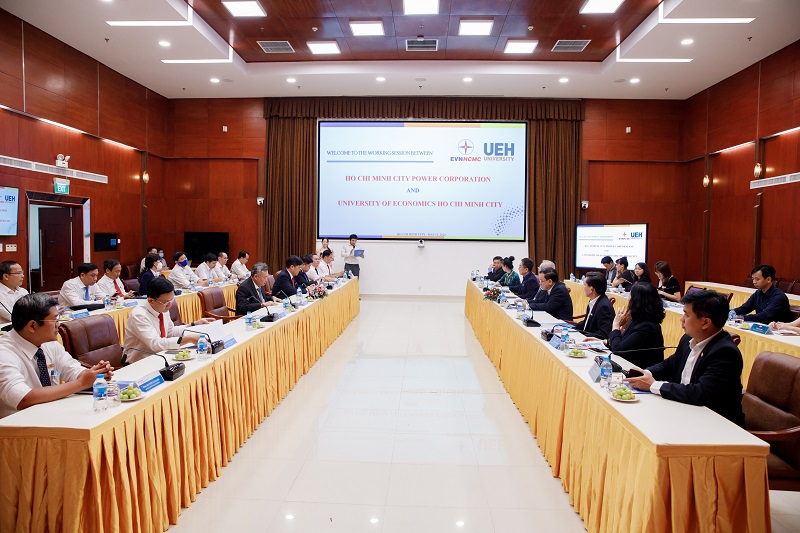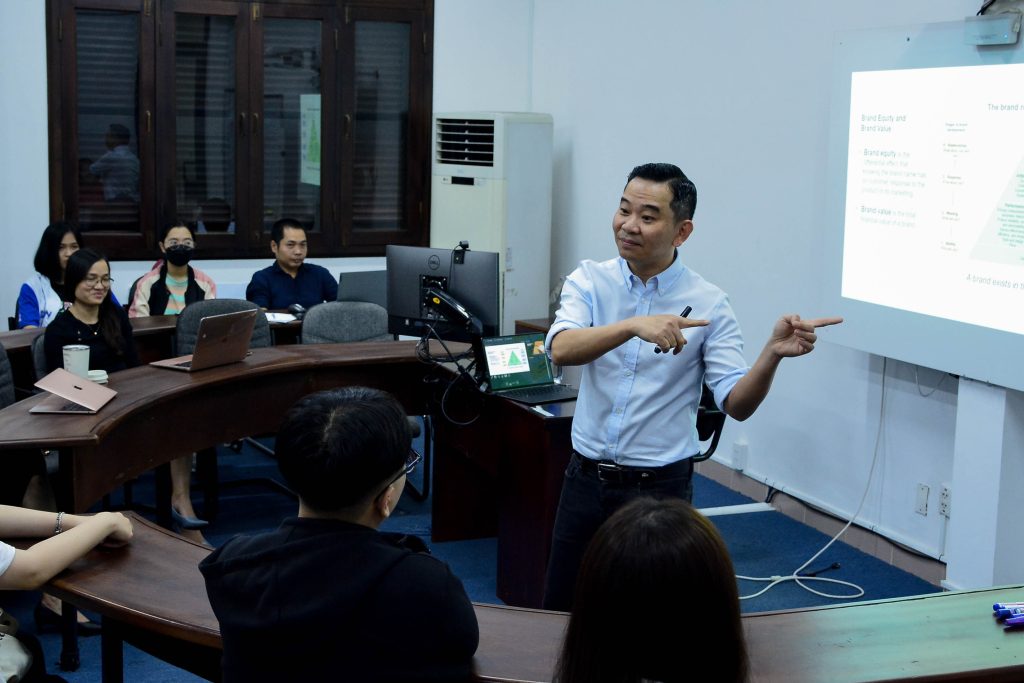Full-time Bachelor of Risk Analysis and actuarial program (Standard Program)
Risk analysis and insurance pricing
The Econometrics and Risk Analysis program provides students with the basics of applied mathematics and statistical methods for risk assessment in insurance, finance and other industries. other sectors. The program is designed to balance knowledge, skills and attitudes, between theory and practice, so that graduates can become competent people to work in financial institutions that meet the requirements of the labor market. current motion. At the same time, a bachelor in Risk Analysis and actuarialism is an effective communicator, a critical thinker, a creative problem solver, and a responsible decision maker, capable of self-study to update with new knowledge, easily integrate and adapt to the socio-economic conditions of Vietnam, the region and the world.
Admission registration code: 7310108
Selection combination: A00, A01, D01, D07 (Math coefficient 2)
– Learner target: Learners have graduated from high school.
– Conditions for admission: According to the current regulations of the Ministry of Education and Training and the training regulations of the University of Economics Ho Chi Minh City. Ho Chi Minh
– Program structure:
General education knowledge: 50 credits
- MLN . Philosophy
- Political economy MLN
- Socialism
- Ho Chi Minh Thought
- History of the Communist Party of Vietnam
- Foreign Language
- Microeconomics
- Macroeconomic
- Linear algebra
- Calculus 1
- Business law
- Accounting principles
- Soft skills
- Start a business
- Data Science
Professional education knowledge: 65 credits
Industry Basic Knowledge
- Calculus 2
- Probability theory
- Mathematical statistics
- Random process
- Financial Mathematics (for actuaries)
- Econometric
- Basic programming
- Database
- Advanced Programming for CHEAP
- Financial Mathematics (for actuaries)
- Intermediate Microeconomics
- Advanced Probability Theory
- Financial math practice
- Intermediate Macroeconomics
- Time series analysis
- Financial accountant
- Corporate Finance for actuaries (Part 1)
- Corporate Finance for actuaries (Part 2)
- Investment theory and financial markets 1
- Investment theory and financial markets 2
- Risk modeling statistics 1
- Risk modeling statistics 2
- Short-term insurance math 1
- Short-term insurance math 2
- Long-term insurance math 1
- Long-term insurance math 2
Internship and Graduation: 10 credits
- Enterprise Semester
- Graduation thesis
Total credits: 125 credits
– Standard output:
- Can understand and explain a number of mathematical concepts in the fields of linear algebra, analysis, probability, and financial mathematics.
- Ability to apply statistical methods and quantitative tools for risk analysis and assessment.
- Ability to understand the basic knowledge of economics, accounting, finance, management.
- Ability to apply knowledge of databases, algorithms and programming to solve risk analysis problems.
- Ability to evaluate and creatively solve professional problems in the actuarial and risk analysis fields.
- Proficiently apply knowledge, computers, software and calculation tools to solve complex problems related to risk management and actuarialism.
- Master complex skills in modeling, quantitative analysis and programming to solve actuarial and risk management problems.
- Ability to adapt and update new knowledge on the basis of already equipped knowledge.
- Have the ability to be creative in designing an insurance product that fits the needs of society.
- Mastering teamwork skills.
- Proficient in communication skills: written communication, electronic/multimedia communication, presentation.
- Proficient in communication and professional exchange in English, achieving foreign language ability level 3/6 Vietnam’s Foreign Language Competency Framework (equivalent to level B1 of the Common European Framework of Reference)
- Appreciate differences and diversity in society.
- Have a sense of self-discipline to study, acquire new or related fields of work outside of the lecture hall and after graduation.
- Have the ability to act to protect personal views
- Value self-worth, have positive energy, make constructive contributions, be responsible and transparent at work
- Having foreign language ability level 3/6 Vietnam’s Foreign Language Competency Framework, reaching TOEIC 500
- Acquired IC3 (Internet and Computing Core Certification)
- Acquired a Certificate of Physical Education
- Acquired National Defense Education Certificate
– Job opportunities:





















